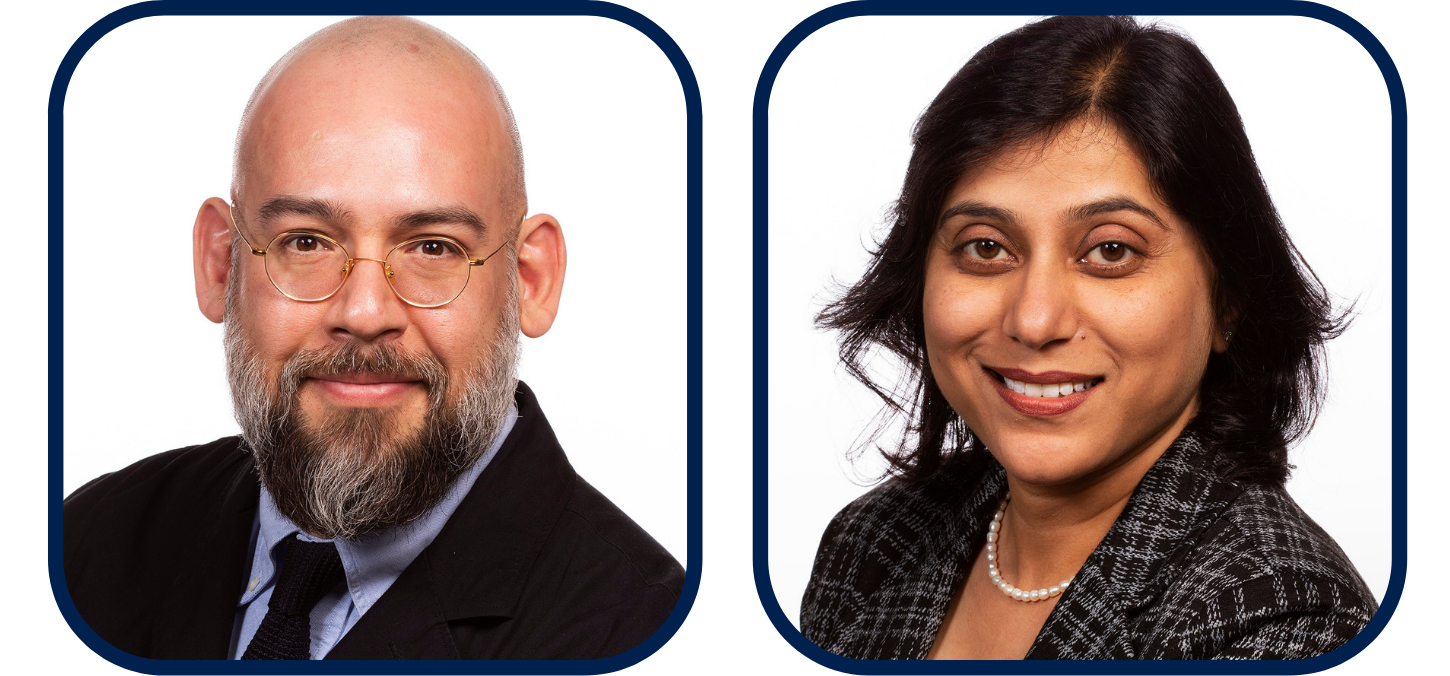
Faculty experts weigh in on Liberal-NDP dental plan
By Rachel Boutet
The federal government recently announced the launch of a new dental care program for low-income Canadians. The Faculty’s dental public health experts agree it is good news for Canadians and for our oral health care system.
“It’s a long time coming,” says professor Carlos Quiñonez, who is also the director of the graduate specialty program in Dental Public Health. “Myself and my colleagues in research and public policy have been advocating for improvements to access to dental care for those individuals who are currently missed in our system.”
Sonica Singhal, assistant professor in dental public health, says there is still a lot of information that needs to come on how exactly this program will unfold.
“Now we need to know what the next steps are in front of us,” says Singhal. “Everyone has to come together to see this program go in the right direction. It’s a big, positive step and an opportunity that should not be missed.”
Quiñonez and Singhal note different provinces and territories have been dipping their toes in the water on this topic.
“Improving access to dental care has featured as an election issue provincially and now federally,” says Quiñonez. “Now something is materializing. It’s great news from the hundreds of thousands, if not millions, who might benefit.”
Singhal adds that in order to make this program sustainable, the discussions need to be built around national standards for oral health care, such as those for health care in the Canada Health Act. Canada can also lean on other countries when it comes to making this program work within our oral health care system.
“I think there are best practices that can be found around the world,” says Quiñonez. “For example, Australia has a strong focus on children and Germany has a system based on the employer and employee relationship. Other countries have clear scientific and ethical reasons for why they fund some dental care services and not others. I think this presents a great opportunity to leverage best practices internationally, to see how a dental program like this might work.”
The Faculty’s Dental Public Health program students have long done research in this area. Graduates like Linda McKay’s work focused on what should be included in a public health care plan, and Faahim Rashid worked on a costing analysis for this type of program in Ontario.
“Our dental public health program has always been action oriented,” says Quiñonez. “We aim to do applied policy research in an effort to improve these and many other things within oral health care in Canada. We’ve been doing this type of research for decades. We are the engine of knowledge for these types of discussions in Canada.”
We are the engine of knowledge for these types of discussions in Canada
Singhal notes that the Faculty’s graduate dental public health students are dental professionals, so they have clinical training, but another core part of the program is to help them understand the determinants of oral health problems and how barriers to oral health care can be addressed at different levels.
“Ultimately, the objective is to leave no one behind,” she says. “We are trying to help marginalized and underrepresented populations. Although overall health care is quite good in Canada, we have much to do when it comes to oral health care.”
The Faculty’s own dental clinics provide reduced cost oral health care to those who may not otherwise be able to access it. The government’s dental care program could potentially have an impact on the Faculty’s clinics and students as well.
“It will depend how the program unfolds, but it might allow the students in our clinics to attend even more to those with higher needs,” says Singhal.
Quiñonez adds that if funding is flowed to the provinces and territories, this could present an opportunity to renew the Faculty’s infrastructure and teaching, knowing we already serve this target population in terms of income.
“I think this program will be a great case study to teach students about oral health care systems and dentist’s responsibilities in Canada’s larger health care system,” he says. “We can do a lot with this.”
Watch Dr. Quiñonez on CBC News and listen to him on Metro Morning.
Photo: Carlos Quiñonez and Sonica Singhal (Jeff Comber)